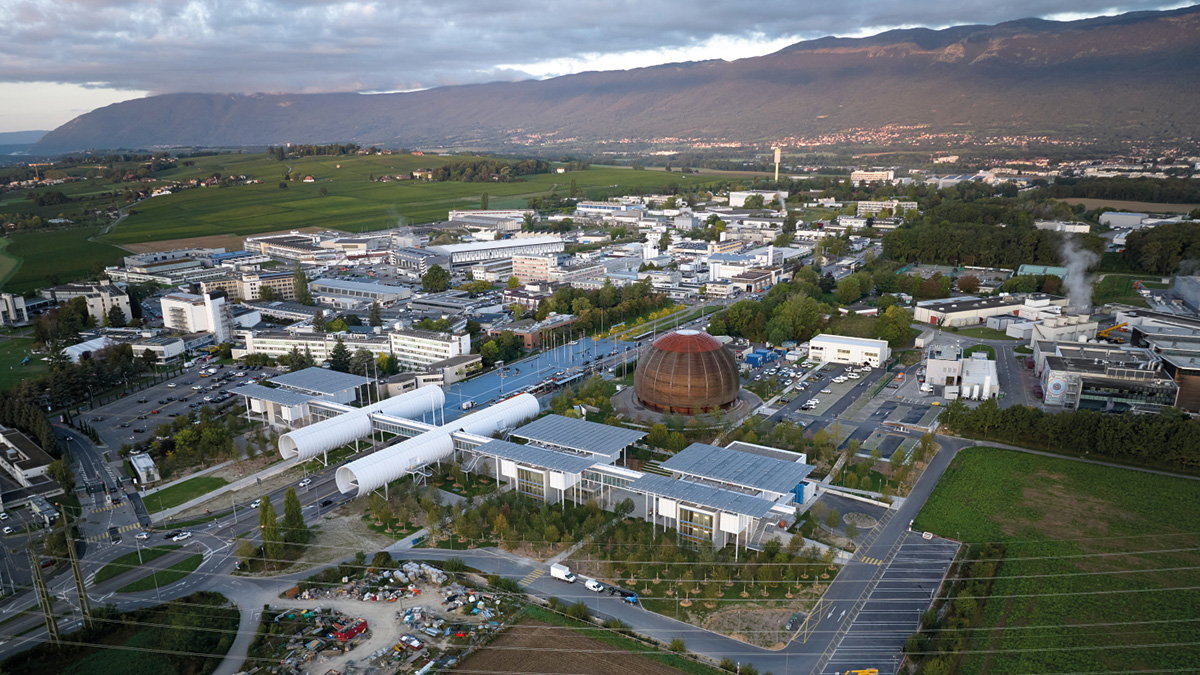In the face of escalating climate challenges, there’s a growing consensus among scientists that we need more advanced tools to accurately predict and combat the impacts of climate change. Tim Palmer, a prominent climate scientist, argues that developing high-resolution climate models akin to the particle-physics research facility CERN could be the key to addressing this urgent need. We’ll explore Palmer’s perspective and the reasons behind his call for a CERN-like initiative for climate change.

Recent years have seen unexpected spikes in global temperatures, highlighting the limitations of current climate models in predicting extreme weather phenomena. Despite being an El Niño year, the record-breaking warmth of 2023 caught climate scientists off guard, revealing gaps in our understanding of complex climate dynamics.
Conventional climate models lack the spatial resolution needed to accurately simulate weather extremes like droughts, heatwaves, and floods. With grid-point spacings typically around 100 km, these models provide a blurred vision of future climate, hindering our ability to make informed decisions and adapt to climate change effectively.
Reliable climate models are essential for assessing the urgency of reaching net-zero emissions, implementing effective adaptation measures, and exploring geoengineering solutions. Current models fall short in simulating critical processes and tipping points, undermining their usefulness for policymakers and societies.
Palmer emphasizes the necessity of pooling human and computing resources on an international scale to develop high-resolution climate models. Drawing inspiration from collaborative research institutes like CERN, he proposes the creation of internationally federated institutes dedicated to climate change research.
With the frequency and intensity of extreme weather events on the rise, there’s an urgent need to accelerate efforts in climate modeling. Despite some progress in developing high-resolution models, the current pace is insufficient to address the pressing challenges posed by climate change.
Leave a Reply